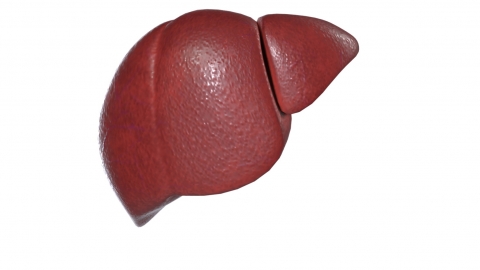What is liver disease?
Generally, liver disease refers to pathological changes occurring in the liver. A detailed analysis is as follows:

Liver disease encompasses various types including hepatitis B, hepatitis A, hepatitis C, cirrhosis, fatty liver disease, liver cancer, alcoholic liver disease, and others. Symptoms of liver disease are diverse and may include gastrointestinal manifestations such as abdominal pain, bloating, nausea, vomiting, and decreased appetite; systemic symptoms such as fatigue, jaundice, and chronic tiredness; as well as other symptoms including skin itching, dark-colored urine, pale-colored stools, and skin bruising.
In daily life, to prevent the occurrence of liver disease, it is important to receive timely hepatitis B vaccination to reduce the risk of hepatitis B virus infection; maintain food hygiene and avoid consuming contaminated or spoiled food to prevent viral infections such as hepatitis A; and control alcohol consumption to avoid excessive drinking, which can damage the liver. Appropriate preventive measures can reduce the risk of liver disease and help maintain liver health.








